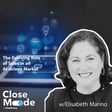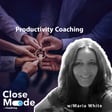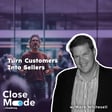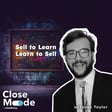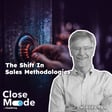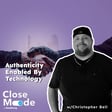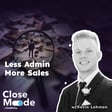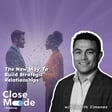
Tactical Vs. Strategic Sales Enablement w/Jeremy Park
In this episode, Brian Dietmeyer talks to Jeremy Park, Senior Sales Enablement Manager at Airbase, about the strategic and tactical aspects of sales enablement. They explore Jeremy's unique journey from a non-traditional background into the world of sales and how pressing 'two' led to his first sales job. This conversation sheds light on the reactive versus strategic functions of sales enablement, the importance of discovery in sales processes, and the critical role of emotional intelligence in sales. It's a must-listen for anyone looking to enhance their sales enablement strategies or understand the nuances of effective selling.
Timestamps:
00:01 Introduction to Jeremy Park and his diverse background.
01:06 Discussion on sales enablement and its effective approaches.
02:51 Jeremy shares his unconventional entry into sales.
03:17 Exploring the reactive nature of current sales enablement practices.
04:34 Jeremy discusses the ideal state of strategic sales enablement.
06:24 Transition to tactical aspects of sales enablement.
07:19 Challenges with broad feedback in sales leadership.
10:14 The gap in sales methodologies and practical application.
14:48 The intersection of emotional intelligence and effective discovery.
18:58 Closing remarks and appreciation for Jeremy's insights.
